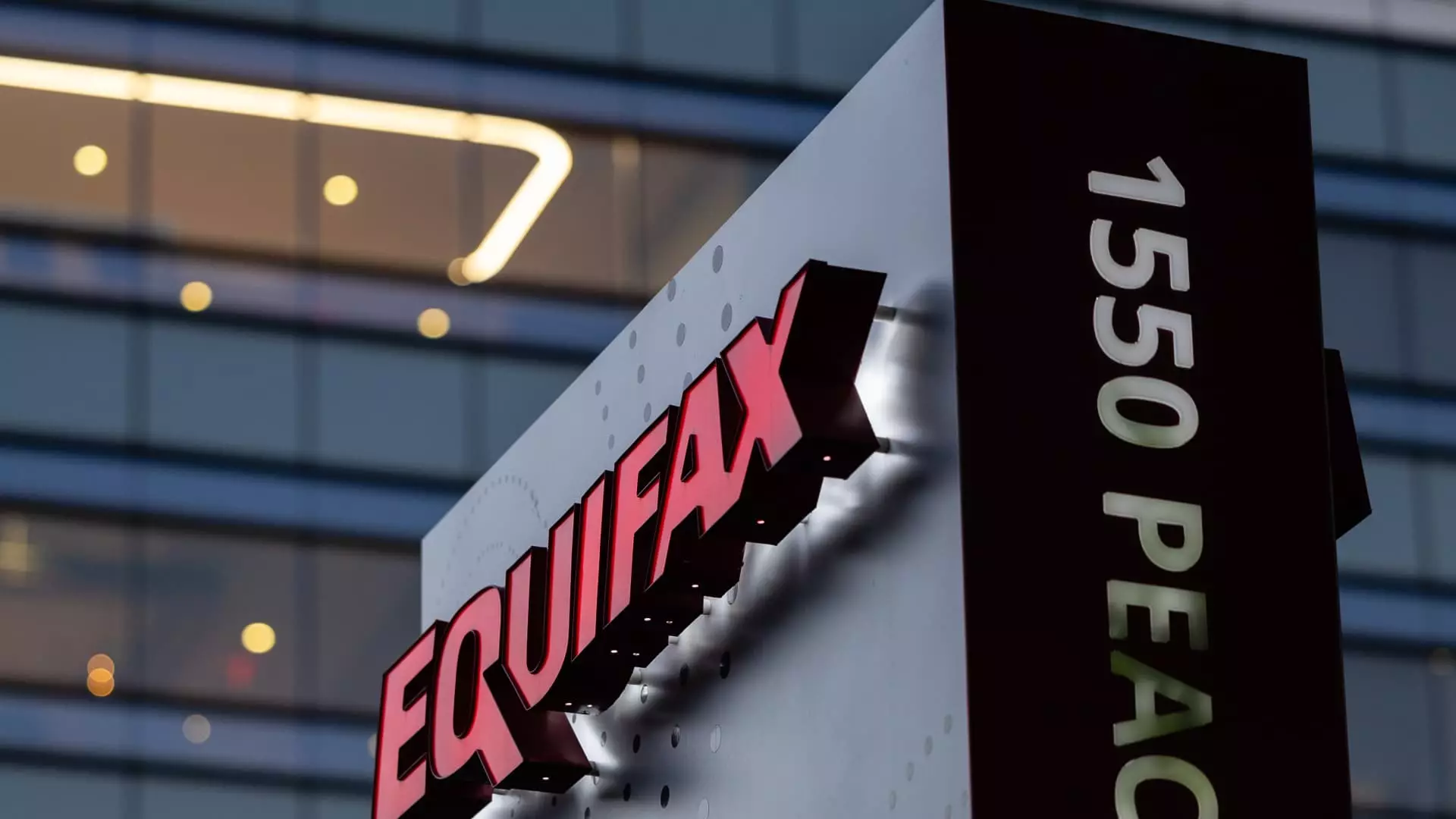In a significant move to uphold consumer protection standards, the Consumer Financial Protection Bureau (CFPB) imposed a hefty $15 million fine on Equifax, a major player among the three predominant credit reporting agencies in the United States—alongside Experian and TransUnion. This punitive measure stems from Equifax’s apparent negligence in properly managing consumer disputes regarding credit report inaccuracies. The CFPB’s announcement has brought to light serious flaws in Equifax’s procedures that have reportedly caused substantial distress to millions of consumers, chiefly by undermining their financial stability and security.
The charges against Equifax are severe and multifaceted. According to the CFPB’s order, the company allegedly neglected critical consumer documents filed during dispute processes, accepted inaccuracies that had previously been deleted into their records, conveyed misleading communication through confusing letters concerning the results of investigations, and utilized defective software that contributed to erroneous credit scores. Such inaccuracies in credit reports can inflict devastating financial repercussions on individuals, influencing everything from loan eligibility and employment opportunities to housing options.
Adam Rust, director of Financial Services at the Consumer Federation of America, emphasized the gravity of these mistakes, stating that they can fundamentally disrupt essential aspects of personal life. The credit reporting industry serves as the backbone for various financial transactions, and when inaccuracies surface, they can lead to a ripple effect that can compromise an individual’s financial wellness.
Equifax’s troubling practices reportedly date back to at least October 2017, with the CFPB asserting that these issues have persisted, significantly impacting millions of consumers all the while. Although the company processes approximately 765,000 consumer disputes each month, the CFPB’s findings indicated that systemic flaws in their dispute policies and technology have compounded the problem, culminating in violations of the Fair Credit Reporting Act.
In a bid to move past these regulatory challenges, Equifax has stated that it intends to amend its practices, revealing a commitment that includes substantial investments exceeding $1.5 billion in technological advancements and infrastructure changes aimed at overhauling its dispute resolution process.
Consumers often work under the presumption that the information available in their credit reports is accurate and reflective of their financial behavior; however, the recent actions by the CFPB spotlight the recurrent problems within the credit reporting system. Given the multitude of incidences where inaccuracies have resulted in tangible harm, it is imperative for consumers to remain vigilant regarding their financial records. Adam Rust encourages individuals to review their credit reports at least once a year and suggests checking for proper identification and account details.
Furthermore, individuals should take measures to dispute any incorrect information they discover. The CFPB advises consumers to file disputes in writing, including any supporting documentation, and to send it via postal mail to ensure a formal record. Filing complaints with the CFPB and the state attorney general can also offer additional avenues for redress.
The situation emphasizes the difference between a consumer’s credit report and their credit score—terms often mistakenly conflated. A sudden drop in a credit score can act as a crucial alert for consumers, indicating the presence of potential inaccuracies. For those who encounter challenges in correcting errors through normal dispute channels, reputational damage and financial implications can become more pronounced, rendering an attorney consultation a viable option.
There are various resources available for consumers seeking legal recourse, including organizations that specialize in consumer advocacy. Chi Chi Wu, a senior attorney at the National Consumer Law Center, notes that while not every error justifies litigation, they can lead to real financial harm, making legal counsel essential in certain cases.
The significant fine imposed on Equifax serves as a cautionary tale for the credit reporting industry as a whole. The regulatory spotlight is now on not just Equifax, but also other credit bureaus, highlighting a long-standing pattern of disregard for consumer rights. For consumers, remaining proactive and informed about their rights can serve as a line of defense against the potential pitfalls in the credit reporting system. Only through diligent oversight can individuals safeguard their financial futures in an era where accuracy in credit reporting is more critical than ever.

